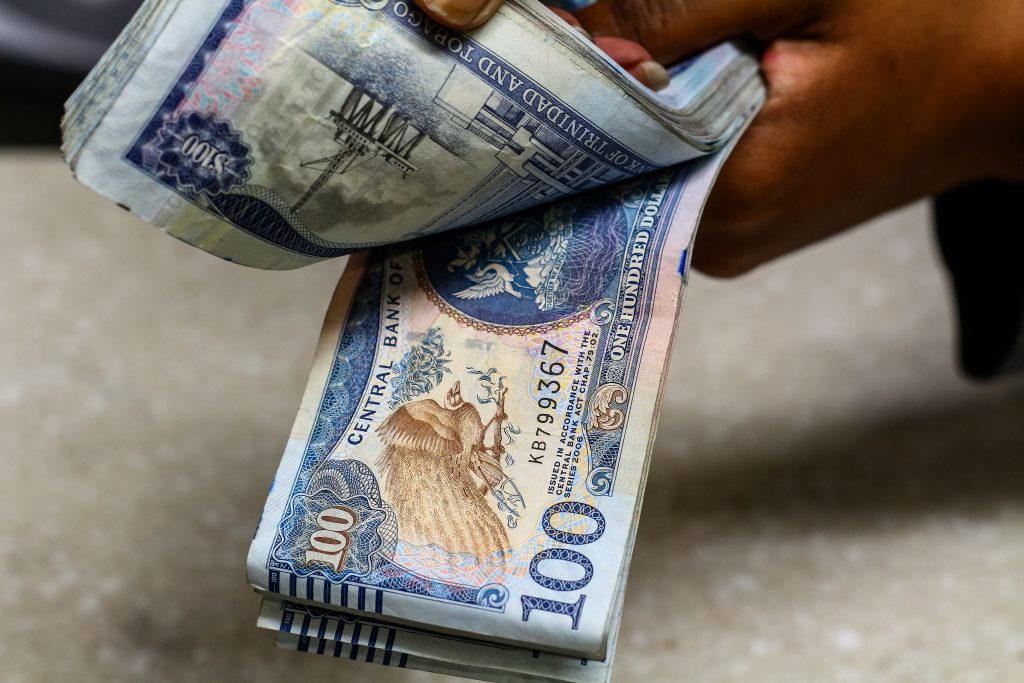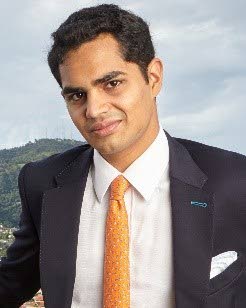Cashless society and crime

kmmpub@gmail.com
Here’s how we can put a knife to our crime numbers: get rid of as much cash as possible.
Cash is oxygen to street criminals. It is liquid and anonymous. Any good thief will tell you that he is much more likely to strike if he thinks you have cash. The last time I was in the Maximum Security Prison, several erudite prisoners were quite open about it.
For trivial amounts of cash, our relatively inefficient criminals administer everything, from brutal beatings to throat slitting.
The poor and the elderly are disproportionately affected: they are more likely to be either unbanked or unfamiliar with electronic payments. They stuff their savings under mattresses that are too often destined to become funeral biers.
But surely you might ask, if we used less cash, wouldn’t thieves just target something else? That doesn’t consider the crucial element of opportunism. If we remove the easy opportunity that cash often presents, thieves are often put off.
Take the US. Only recently have researchers at the University of Missouri revealed the true impact of cash on crime.
In the 1990s, the US federal government mandated states to distribute welfare benefits through debit cards instead of cheques. That switch had a dramatic impact. When researchers looked across Missouri counties, they found that crime fell by 9.8 per cent – a direct result of the shift to electronic payments.
Cash is costly, inconvenient, inefficient and dangerous. But it remains king. There are still too many barriers to easy online payments.
The banks themselves have bemoaned their own slow and inefficient process to open a bank account or apply for a card. Handing over “know your customer” and other documents to establish a bank account is time-consuming, manual and inefficient for even sophisticated customers. They are downright daunting for anyone else.
Compared to handing over a wad of cash, electronic payments are still relatively slow, even taking days. When I go to dinner with friends in the UK, everyone whips out their phones and sends each other money in the time it takes to fumble with a wallet.
Most importantly, they are expensive. The biggest consideration for most people is that they don’t want to pay otherwise high fees. With retail margins as thin as they are, and consumers as price- sensitive as they are, a matter of a couple per cent in bank charges can wipe out profits or lose sales.
Cash culture is still entrenched. Many still distrust electronic payments and fear card skimming more than they should. It is easy to underestimate the benefits if they have not been clearly explained.
Even street vendors have to spend time tallying their expenses manually – time that could be spent selling fruit if their payments were automated. Another terrible irony is that many people who keep cash to avoid taxes have incomes that are largely tax-exempt.
The good news is that there are a few quick kills. First, the government can start paying all welfare, national insurance, salary and pension cheques electronically. It will save public money and include people in the financial system.
The Central Bank can simultaneously issue more electronic-payments licences to the telecoms and to fintech start-ups that are launching the type of platforms that have increased access to payments across the world. Indeed, the most powerful thing we can do to support a nascent fintech industry is to grant a Caricom payments licence that actually provides access to a large-enough market.
Unlike banking licences, which rightly come with large capital requirements and regulations to protect the financial system, payments licences are relatively much less risky. Awarding more of them will make the system more, not less robust.
We have momentum. The Ministry of Finance has pledged its complete support to fintech, as has the TT International Finance Corporation and its CEO, Omar Sultan-Khan.
The market is ready. Apart from several nascent fintech companies, Republic Bank’s acquisition of a stake in Wipay, and Scotia’s introduction of a debit card that can be used online (Jamaica has had one for ten years, but never mind) have already signalled a new willingness to develop the e-payments market; while First Citizens has a strong mandate from its CEO Karen Darbasie and business head Jason Julien to grow e-commerce.
Word is that the Bankers Association is already cooperating to use technology to make both onboarding and verifying customers’ identities less of a pain.
Why not partner in parallel with the police to blitz people with mass education?
This can be done quickly. Cash is killing people. Let’s seize the momentum we have and protect our families.

Kiran Mathur Mohammed is a social entrepreneur, economist and businessman. He is a former banker, and a graduate of the University of Edinburgh


Comments
"Cashless society and crime"